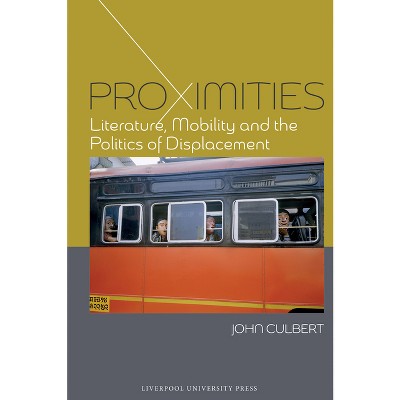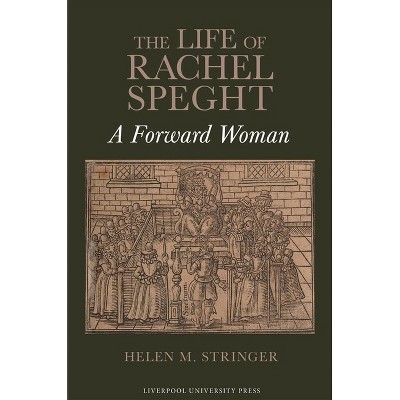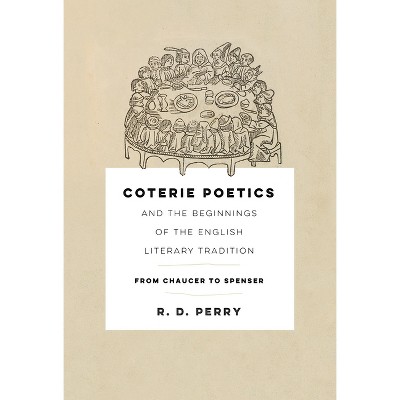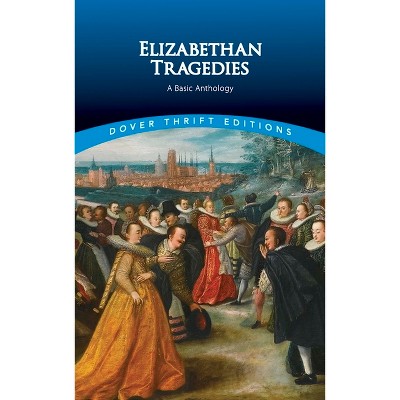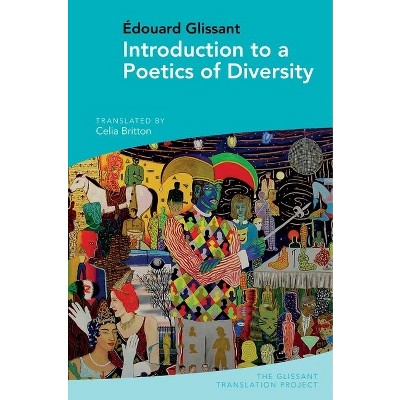Sponsored

Elizabethan Occult Poetics - (English Association Monographs: English at the Interface) by Rachel White (Hardcover)
In Stock
Sponsored
About this item
Highlights
- Elizabethan Occult Poetics argues that occult tradition influenced the development of vernacular poetics during the sixteenth century and explores the ways in which discourses from the occult tradition, ranging from the scientific to the magical, were actively absorbed into both the theory and practice of English poetics.
- Author(s): Rachel White
- 280 Pages
- Literary Criticism, European
- Series Name: English Association Monographs: English at the Interface
Description
Book Synopsis
Elizabethan Occult Poetics argues that occult tradition influenced the development of vernacular poetics during the sixteenth century and explores the ways in which discourses from the occult tradition, ranging from the scientific to the magical, were actively absorbed into both the theory and practice of English poetics. This study examines the absorption of occult discourses into the theory and practice of poetry as well as their presence in poetic content. Beginning with John Dee's fascination with the geometrical foundation of alphabets and language, Elizabethan Occult Poetics goes back to 'tittles and jots' and the building blocks of affective language, before turning to the attempts of Philip Sidney and his contemporaries to create an efficacious English poetic tradition. The second part of the book focuses on the incorporation of occult discourses as content and writers' negotiations of competing theories between the arcane and the scientific through chapters on cosmology and light in the work of Giordano Bruno and Fulke Greville, optics in George Chapman's vernacular poetry, and magnetism in Edmund Spenser's The Fairie Queene. This study shows that sixteenth-century poets pursued an affective and efficacious poetic tradition via the incorporation of occult discourses in theory, practice, and content.
Review Quotes
'Rachel White's excellent new book shows how major English Renaissance authors such as George Chapman, Fulke Greville, and Edmund Spenser were acutely aware that the occult was not considered a special category of strangeness - how alchemy is seen today - but was part of on-going mainstream conversations about the nature of knowledge. Alive to poetic nuances and acute in its readings, Elizabethan Occult Poetics is not only a major work of literary criticism and history, but one that is extremely enjoyable to read.' - Andrew Hadfield, Professor of English, University of Sussex
Shipping details
Return details
Trending Poetry






